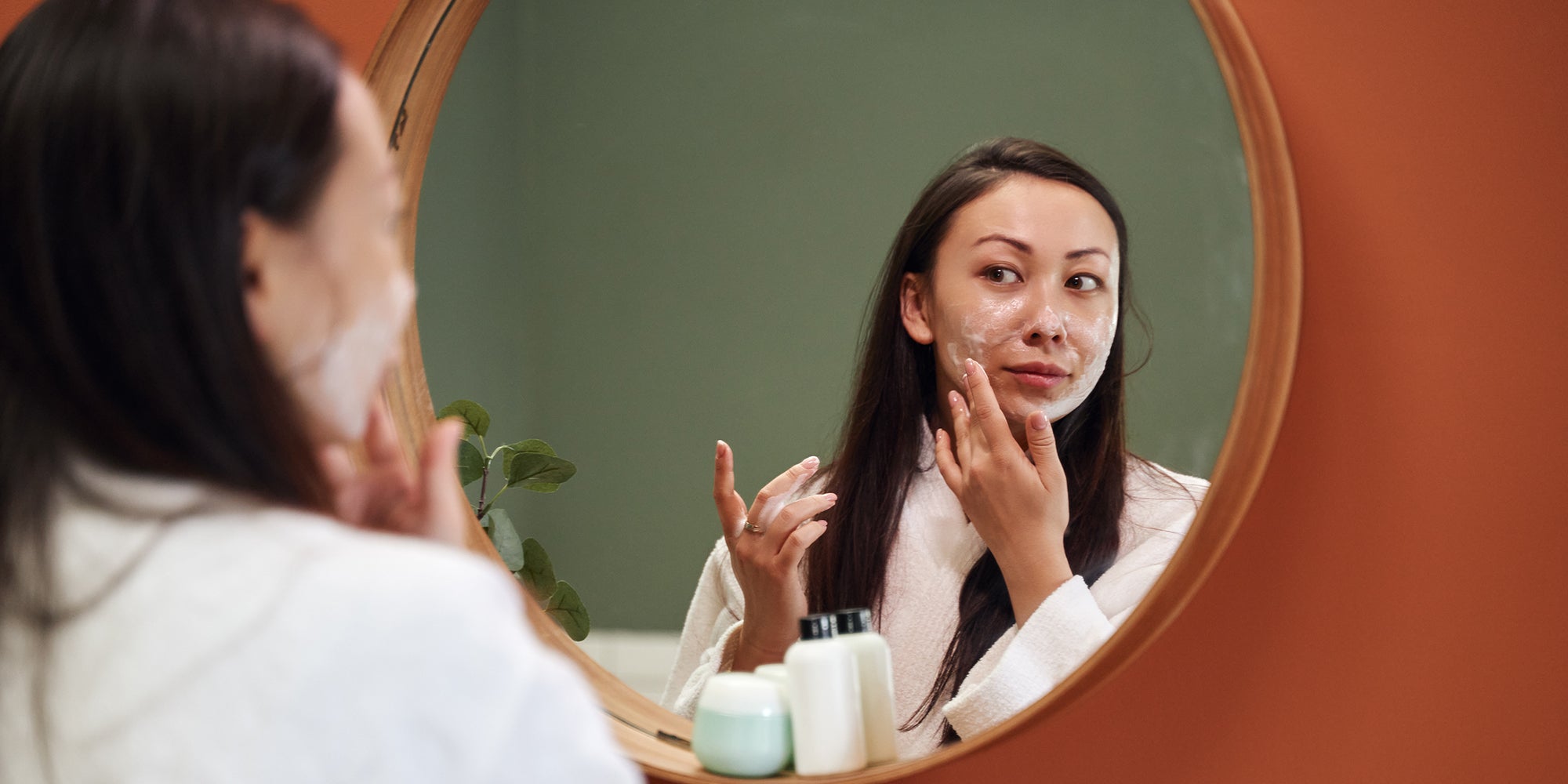Putting Your Best Face Forward: Tips for Facial Wellness
July 19, 2023
Categories: Health & Wellness

Many people say that beauty is only skin deep. While what's on the inside is important, your skin is the first thing people see and the first layer of defense against the outside world.
Your skin protects your body in many ways, primarily as a barrier from bacteria and other environmental hazards. And how your skin looks can determine the health of your skin.
Loyola Medicine reconstructive plastic surgeon, Amy Pittman, MD, shares how you can take care your skin. With two different facial services and key skin care tips, you can feel confident while looking your best.
Top three tips for healthy and happy skin
Dr. Pittman shares her top three tips for healthy and happy skin:
Tip #1: Protection from the sun
The most important tip for people is to protect your skin from the sun. Avoid direct contact with the sun by applying a facial moisturizer to the face and neck every day.
Tip #2: Find the right skin product
Find a product that has a good exfoliation component to it with salicylic acid or glycolic acid. This will give you a chemical shedding of the outer skin layers, leaving you with dewy, glowing and healthy skin.
Tip #3: Start skin care early
Taking good care of your skin gives you longevity in terms of being happy with your appearance and confidence.
If you start taking care of your skin at an early age, then that might help fend off or at least postpone a lot of the genetic parts of aging that we don't have a lot of control over.
Recommended facial services
Loyola's facial and cosmetic clinic offers a wide range of surgical and non-surgical practices to help you feel confident and look your best. Dr. Pittman says facial fillers and Botox are two of the most common services she practices.
Facial fillers
As we age, we lose volume in key areas of the face. This contributes to folds, wrinkles, hollow temples, thinning lips, sunken eyes and an older appearance to the face.
"There's been an increase in people who are seeking non-surgical ways to look a little bit younger, look more refreshed and more natural," says Dr. Pittman.
Fillers can be used to restore this volume loss, smooth out folds and wrinkles and improve contours to achieve natural results without altering facial expression. Treatments can be administered on the same day and usually take about 15-30 minutes, depending on which area(s) of the face is being treated.
Patients see results immediately and may last one to two years with optimal treatment and depending on the formula used.
Botox
Botox refers to an injectable cosmetic treatment used to effectively reduce fine lines and wrinkles on the face. Procedures are fast, simple and minimally invasive and do not require anesthesia or downtime.
"Botox has become a common service since wearing a mask really draws attention to your forehead," says Dr. Pittman.
The treatment starts with an in-office consultation where experts assess your needs and develop a tailored treatment plan to provide your desired end results. Treatment is completed in approximately 10 minutes and results will appear within five to seven days.
Everyone's skin is different
If you are unsure of where to start, Loyola's facial cosmetic clinic offers generalized consultations from the hairline to the chin to help you understand your skin’s needs and the best services for you. Call 708-873-2508 to schedule an appointment today. Amy Pittman, MD, is an otolaryngologist who specializes in facial plastic surgery at Loyola Medicine. She is board certified in both facial plastic surgery and otolaryngology.
Dr. Pittman received her medical degree from the University of Missouri Hospital. She completed her residency at the Loyola University Medical Center and fellowship at the Oregon Health and Science University.
